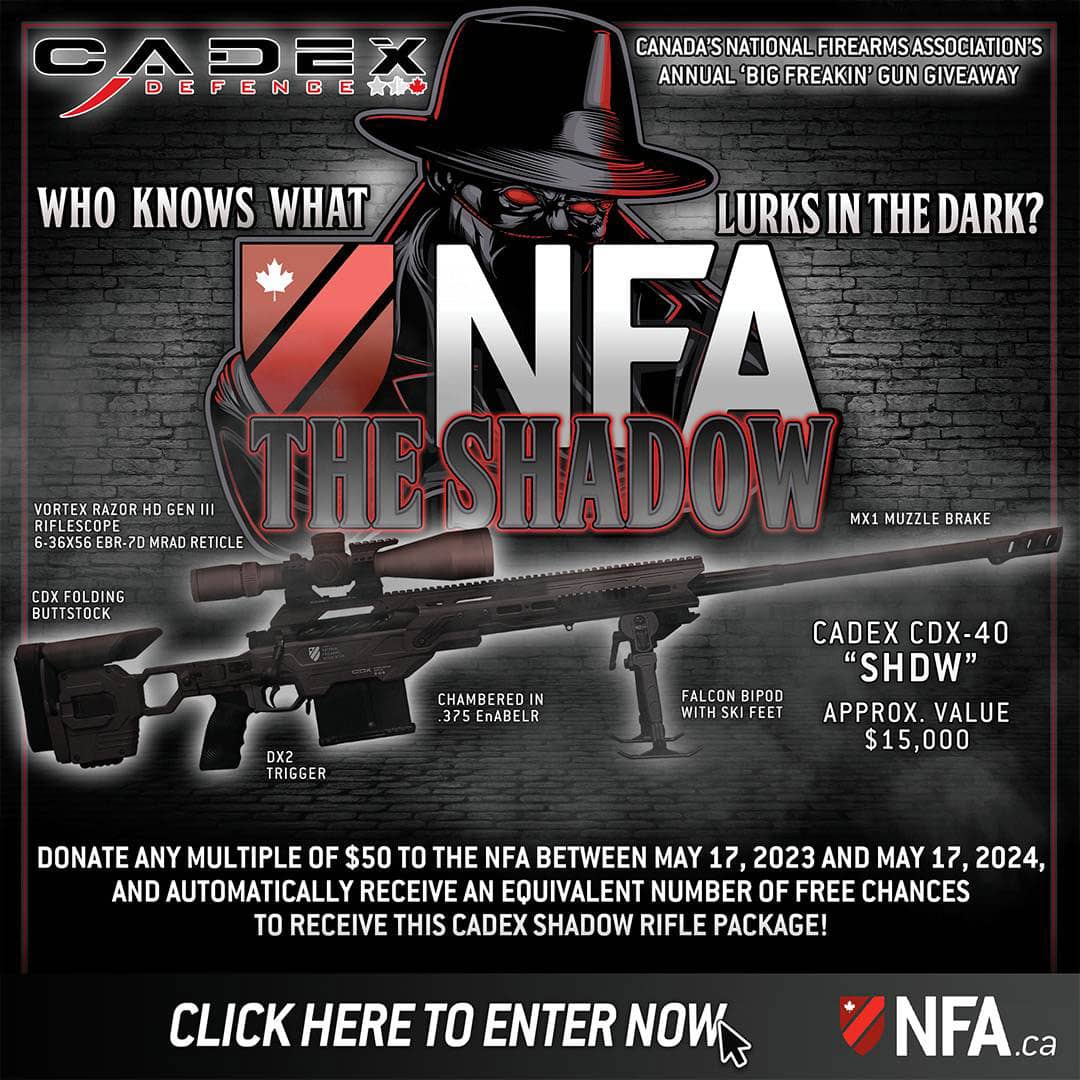Clarifications Regarding the Requirement to Exhibit and/or Verify the Validity of a Firearms License (PAL), when Transferring a Non-Restricted Firearm
by Guy Lavergne, Attorney at Law*
April 6, 2016
There is ongoing confusion about this topic, further to declarations made in the media by spokespersons for “PolyRemembers”, namely Ms. Nathalie Provost and Heidi Rathjen, as well as to the declarations of TV host Guy A. Lepage, seemingly validating the statements that Ms. Provost made on the “Tout le monde en parle” (TLMEP) TV show, on April 3, 2016.
Ms. Provost asserted that the seller of a non-restricted firearm was under no legal obligation to ask the buyer to see a firearms license. She gave the example of a non licensed buyer (herself) who would pretend having forgotten her licence at the time of purchase. She mentioned that her assertions were based on legislative changes that occurred in 2012, without further explanations.
It is worthwhile mentioning that in 2014, Ms Provost had published an article in “Journal de Montréal” wherein she asserted the following:
“(Translation from French) When purchasing a firearm, it is no longer mandatory (for the buyer) to show a license to the seller. Nowadays, one buys a firearm in the same manner as a refrigerator”
That article triggered a complaint to Quebec’s Press Council, and the Council ruled in favour of the Plaintiff on that very issue. In spite of such ruling, Ms. Provost reiterated a similar assertion on TLMEP and host Guy A. Lepage seemingly validated her assertion.
Ms. Provost was wrong in 2014 and she still is. Her statements are clearly erroneous and could even be viewed as deceitful. What she describes is an actual crime.
Section 23 of the Firearms Act states two conditions for the transfer of a non-restricted firearm to be legally made:
23 A person may transfer a non-restricted firearm if, at the time of the transfer,
(a) the transferee holds a licence authorizing the transferee to acquire and possess that kind of firearm; and
(b) the transferor has no reason to believe that the transferee is not authorized to acquire and possess that kind of firearm.
Both conditions must be met. It is not sufficient to fulfill only one out of the two conditions. This is a key and material distinction. Unlike the French text, the English version of the statute features the word “and”, which entails that both conditions must be met.
Section 23 of the Firearms Act is intricately related to Sub-section 101 (1) of the Criminal Code. The latter states:
101 (1) Every person commits an offence who transfers a (…) a non-restricted firearm (…) to any person otherwise than under the authority of the Firearms Act or any other Act of Parliament or any regulations made under an Act of Parliament.
Hence, a seller who would transfer a non-restricted firearm to a non-licensed buyer without asking for the buyer’s license would likely have no defense to a charge under Sub-section 101(1) of the Criminal Code. Thus, the seller is legally obligated to ask for and the buyer is legally obligated to show a firearms license, when purchasing a non restricted firearm. The Seller should also check the license expiry date, which appears on the face of the license. By reason of paragraph b), even in the presence of a seemingly licensed buyer, a seller must refuse to go through the transaction, if the seller reasonably suspects that a restriction exists, such as a license revocation, a firearms prohibition order, or an undertaking not to possess firearms.
A seller who disregards the requirements of Section 23 of the Firearms Act commits a criminal infraction under Section 101(1) of the Criminal Code, may be prosecuted and is liable to a sentence of up to five (5) years of imprisonment.
What host Guy A. Lepage was talking about, when he seemingly validated Ms. Provost’s assertions is something entirely different. Indeed, he was talking about the verification of the validity of a license. Such a verification, which is indeed not mandatory, is performed by calling the RCMP (Canada Firearms Program), in order to determine whether the license shown by the buyer is indeed valid. That is a key distinction, which he did not make.
To summarize, when transferring a non restricted firearm, the seller must ask to see the buyer’s license. He must look at the expiry date, and failing reasonable suspicion that other restrictions may exist, he is under no legal obligation to further inquire as to the validity of the buyer’s firearms license. He may nevertheless inquire into the validity of the license, by calling the Canada Firearms Program.
A Seller who foregoes viewing the PAL may be subject to criminal prosecution, if indeed the buyer does not have a valid license.
As to the buyer, he must have a valid licence. A person who obtains possession of a firearm without holding a valid license may be prosecuted under Section 91 and/or 92 of the Criminal Code.
*The author is a lawyer, and a member in good standing of the Bar of Quebec. He represented Canada’s National Firearms Association (NFA) before the Supreme Court of Canada, and before the parliamentary committee reviewing Quebec’s Bill 64.



